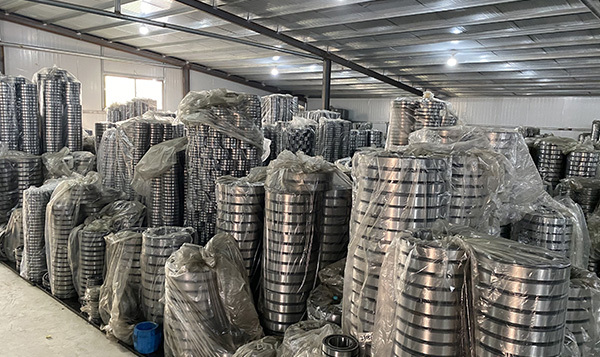Deeply explore the role of engine lubricants
We all know that engine lubricating oil is used in the engine to effectively reduce the friction between its internal components, thereby promoting the good operation of the engine. But can lubricating oil only lubricate? Of course not, so what other functions can it play?
Jul 10,2024

We all know that engine lubricating oil is used in the engine to effectively reduce the friction between its internal components, thereby promoting the good operation of the engine. But can lubricating oil only lubricate? Of course not, so what other functions can it play?
Cleaning effect
The cleaning effect refers to cleaning the carbon, oil and other stains produced by combustion, or decomposing the stains in the oil, or removing the stains with an oil stain filter. Engine oil can clean the engine and remove the impurities remaining in the filter, protecting the metal surface from acid corrosion formed during the combustion process. At the same time, engine oil can also take away combustion residues, combustion products or oxidation products of lubricating oil, and quickly settle to the bottom of the oil pan. Therefore, the oil looks like black and dirty things, and its quality cannot be judged by the naked eye.
Cooling effect
Cooling effect, that is, cooling the engine. Engine oil can assist the cooling system and take away the heat generated by the piston. When cooling the piston, gasoline should be sprayed from the back. Therefore, engine oil must have good cooling performance and be able to withstand high temperatures.
Rust prevention
Rust prevention is to prevent rust, just like applying oil to swords and other things, the metal parts in the engine should also be prevented from rusting. All of this is due to another important feature of lubricating oil, waterproofing, which can make the engine oil effectively play a role in rust prevention.
Antioxidation
Engine oil can fully protect all parts of the engine. The high temperature generated by the engine will accelerate the oxidation of the engine oil. Therefore, the engine oil must have excellent antioxidant properties to ensure that the engine oil can maintain normal viscosity within a certain oil change cycle and protect all parts of the engine from working properly.
Buffering
Engine oil can withstand a certain impact load transmitted from the bearing, play a buffering role, and thus eliminate the impact load between the bearing and other parts of the engine to a certain extent.
Sealing
Finally, the sealing effect is that the sealing effect of the engine oil is to seal the piston and cylinder of the engine. This degree of sealing is very important, which can effectively prevent the cylinder from being blown, ensure the output of the engine's effective power, and improve the vehicle's power. That is, the engine oil is dripped into the gap between the piston and the cylinder to maintain the cylinder pressure.
Related Posts







